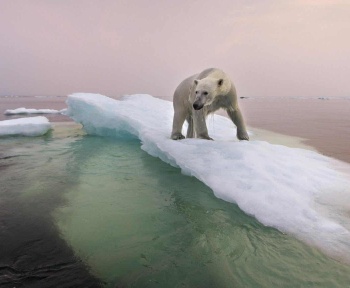The convenience of plastics comes at a cost. Are we willing to pay that price? Plastic is a synthetic material that is commonly used in a wide range of products, including packaging, toys and household items. The use of plastic is an issue that grabbed the attention of the world whether it effectively contributes to maintaining the environment or damages it. The over reliance of plastic has made it an essential part of human life. There are opposing views concerning this issue. Proponents of keeping plastic in use see that it is Irreplaceable due to its useful properties, while opponents see that it is an environmental threat due to its accumulation in landfills and oceans.
Plastic is a dangerous environmental threat. There are many chemicals and toxic substances involved in the production of plastic. It has accumulated in oceans and land fields for a long time, causing harm to the ecosystem. Some marine life is exposed to death because they may mistake plastic for food. Plastic is leaving everlasting effects on our ecosystem due to improper disposal.
Plastic should be replaced because it is not biodegradable. Plastic can not decompose by natural processes, such as bacteria. It accumulates in landfills and oceans, taking hundreds of years to fully decompose. A bottle can take up to 450 years to fully break down. It is a very long period that leaves destructive effects on the environment. Now, 300 million tons of plastic are produced every year. The planet can not bear all of this human waste because only 10- 13% are recyclable; 87% us left without recycling. Moreover, plastic does not only impact the environment but also marine life. Unbreakable plastic turns to Micro-plastic: they are small pieces less than five millimetres. This kind of plastic negatively impacts marine life. According to WWF, World Wildlife Fund, some marine species can digest Micro-plastic instead of food. This can cause physical harm and blockages in their digestive system. Additionally, Micro-plastic can absorb and transport chemical pollutants which can accumulate in the bodies of animals, causing choking and death. Also, plastic affects human health; it releases harmful chemical substances that lead to health issues. Plastic, especially Micro-plastic, can be transmitted to humans through food and fish.
There are certain people who claim that plastic is an item that is being used every day in daily life. It is irreplaceable because of its useful facilities. Plastic is not like other traditional materials, such as metal or glass; it is much lighter than them. Plastic is being used in vehicle construction because it makes them faster. As it helps them to get more miles without stopping each time at the gaze station. Also, plastic is appropriate for its strength and durability. Because plastic is resistant to corrosion, it does not have to be replaced as often as other materials, whether it is used in a piece of machinery or underground sewage piping. However, we can not keep using plastic for its long strength and durability. Instead, we can use paper. They can easily decompose within a week or two, and they are intimate to nature. Also, plastics producers do not hold themselves responsible for collecting and recycling plastics after the post-production stage. They throw the responsibility out of their shoulders without taking into consideration the consequences of their careless behaviors.
Plastic is a controversial issue. Each group of people tries to support their side either by stressing on the dark side of plastic or by showing its facilities. Proponents of stopping using plastic believe that it deteriorates the environment and aggravates the situation more. Opponents who claim in favor of keeping plastic believe that it saves time and expense by reducing the need for maintenance and replacement.
———————————–
By Elmostafa WAOUA
S3 Department of English Studies
Chouaib Doukkali University of El Jadida




